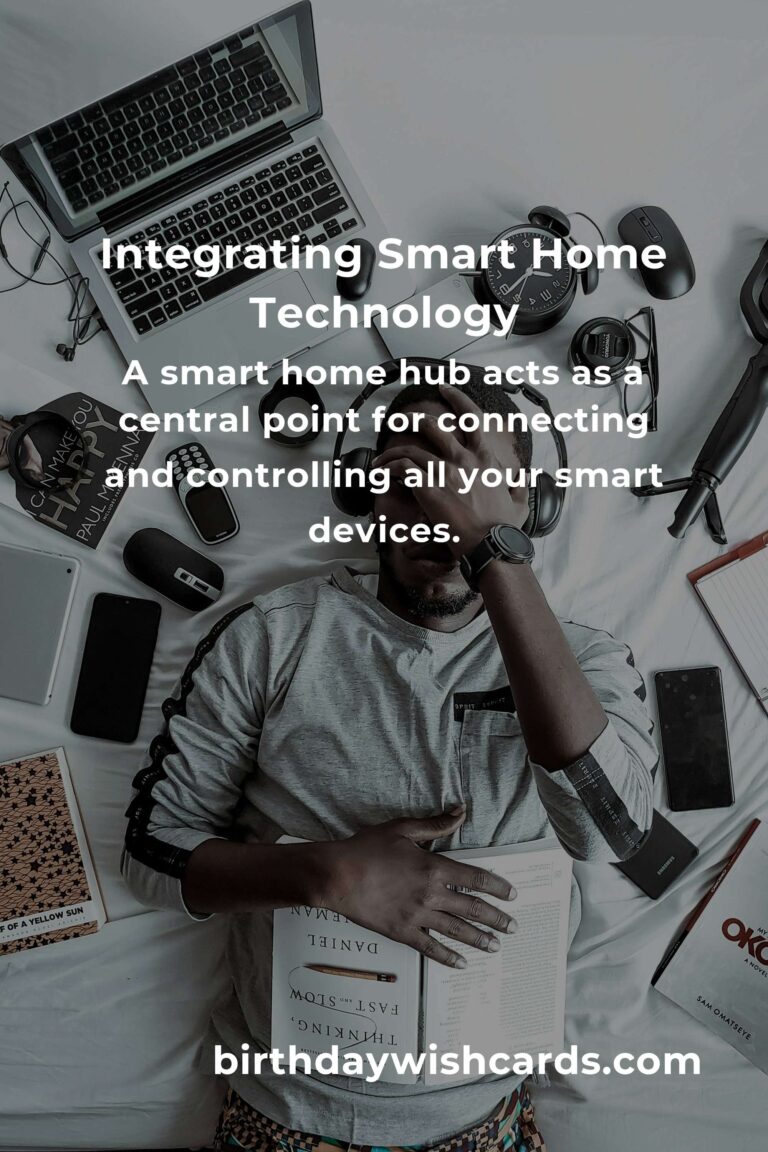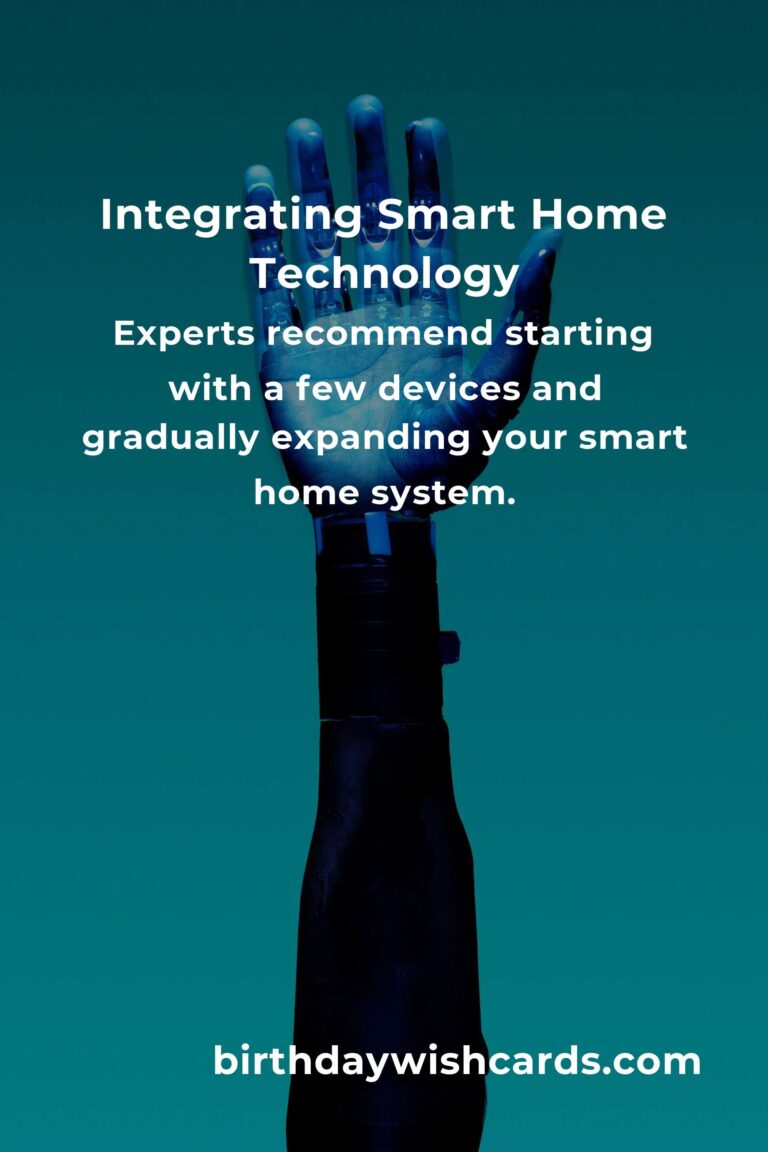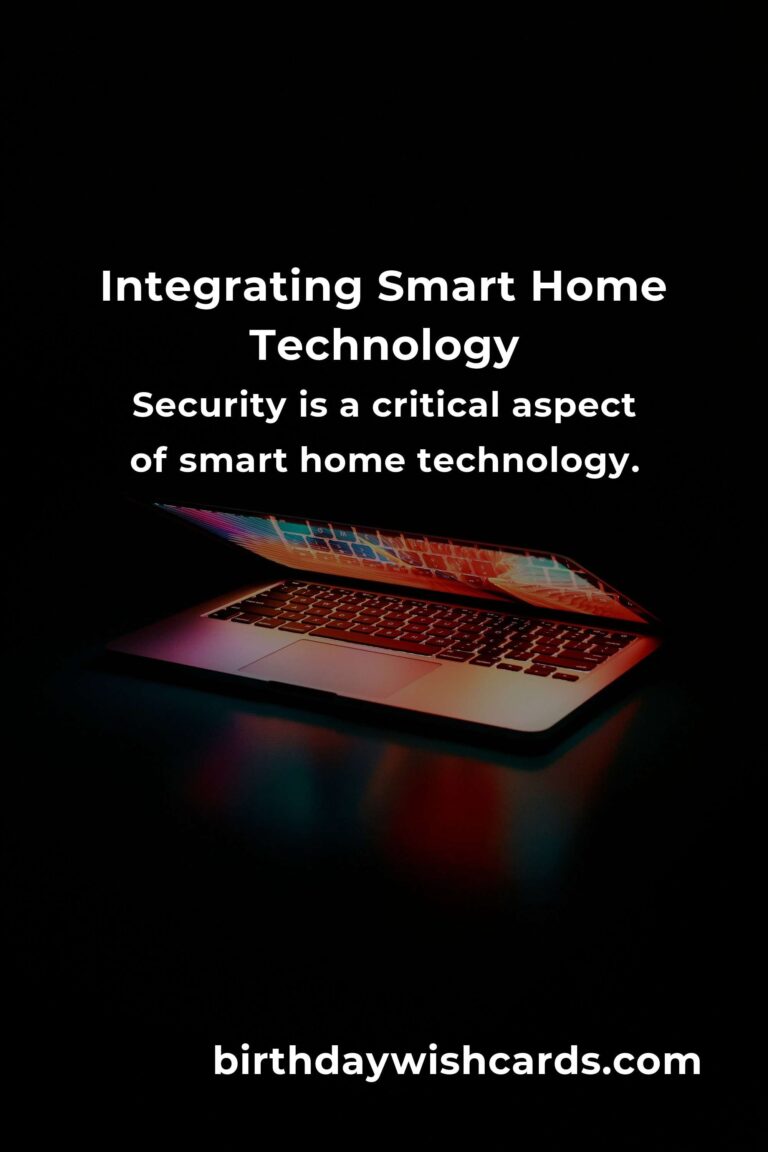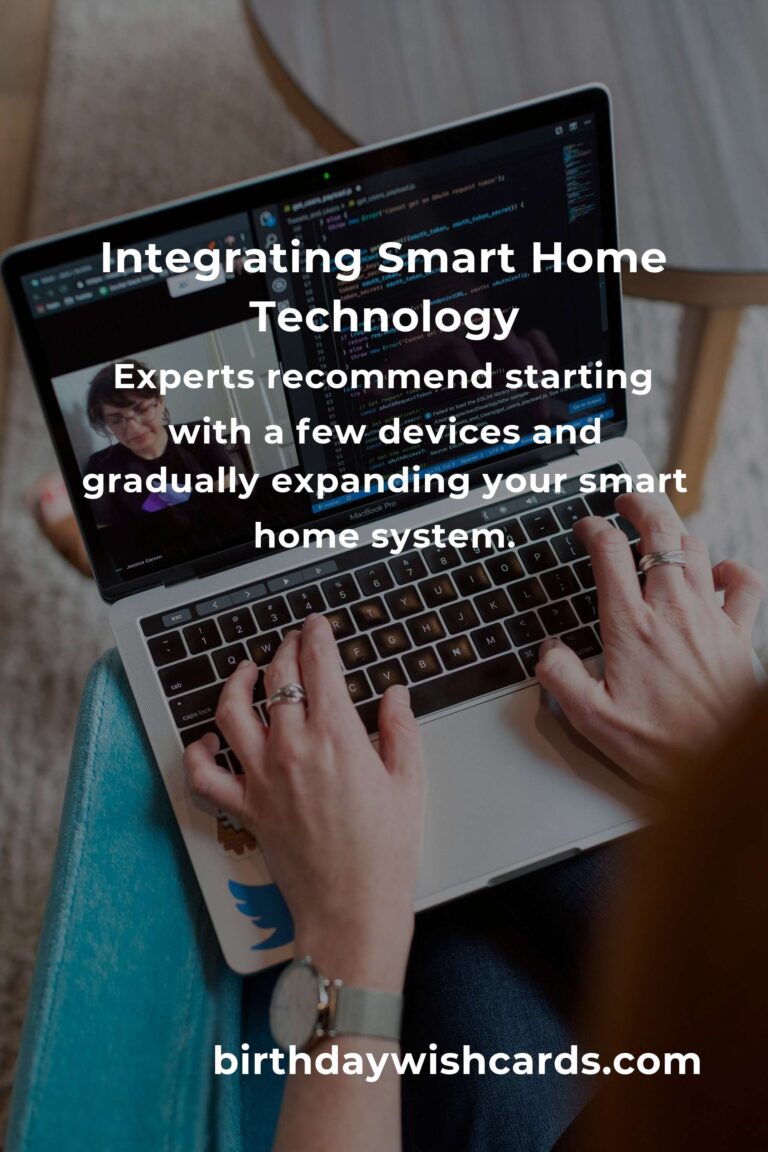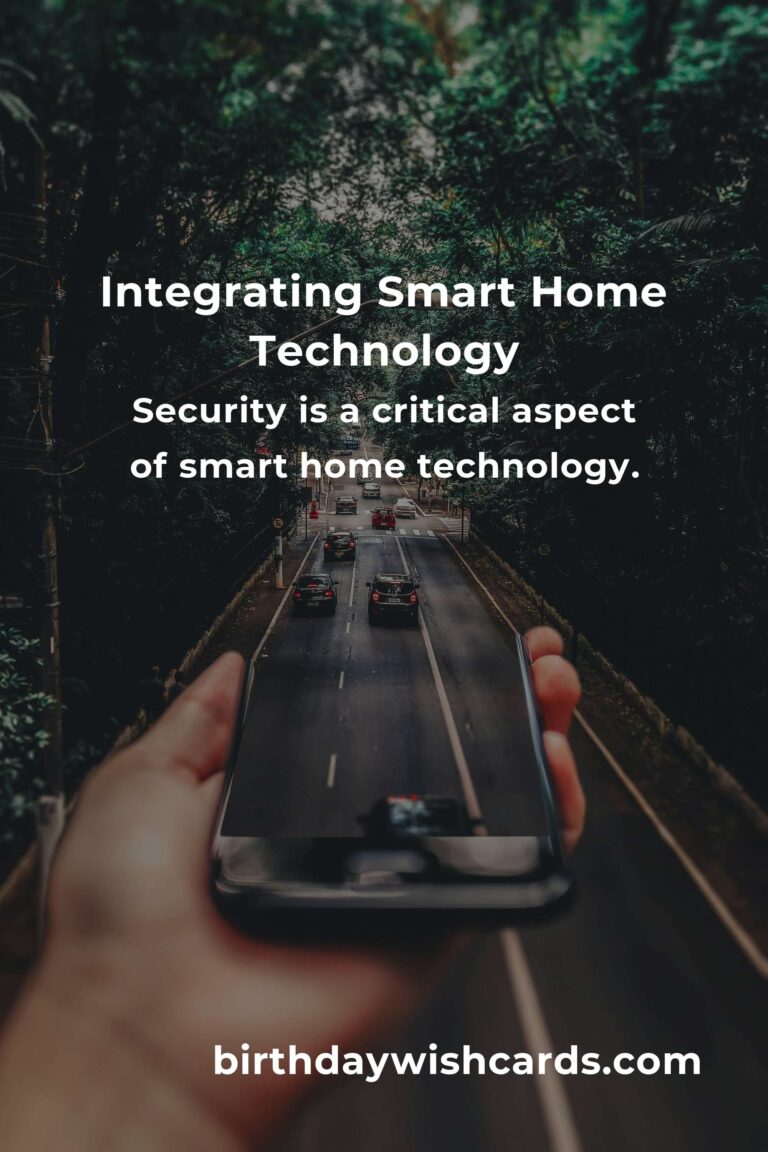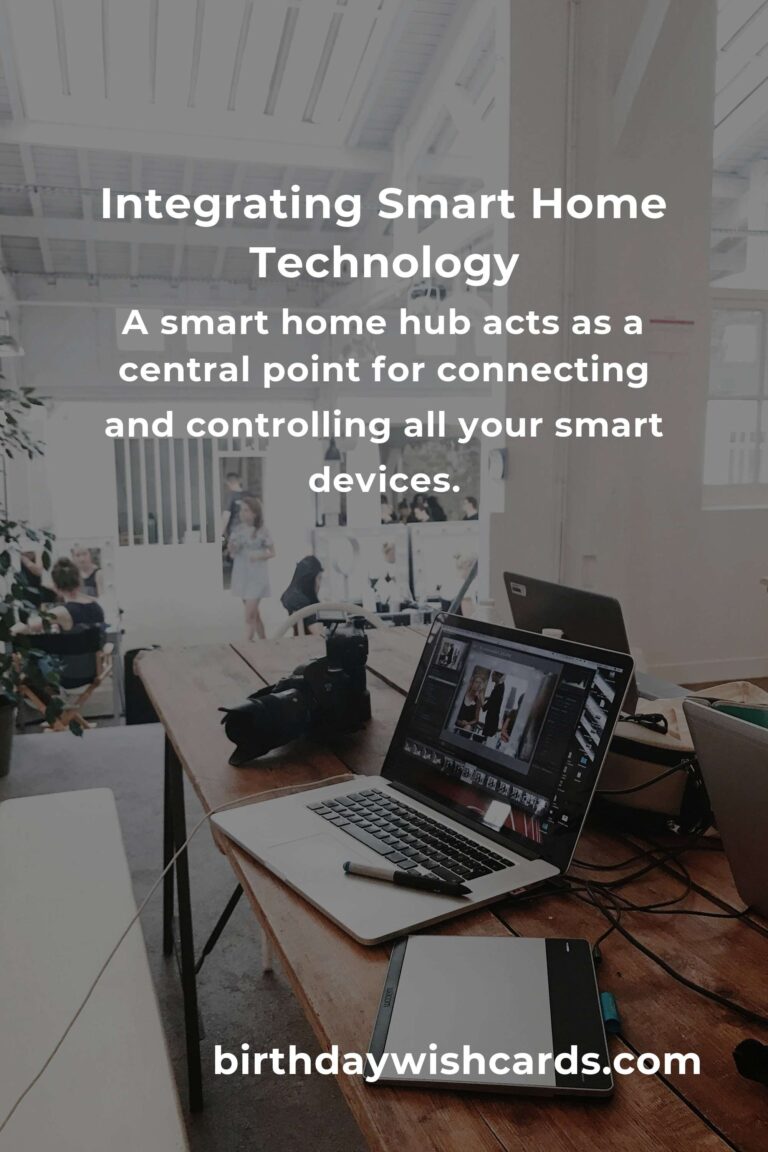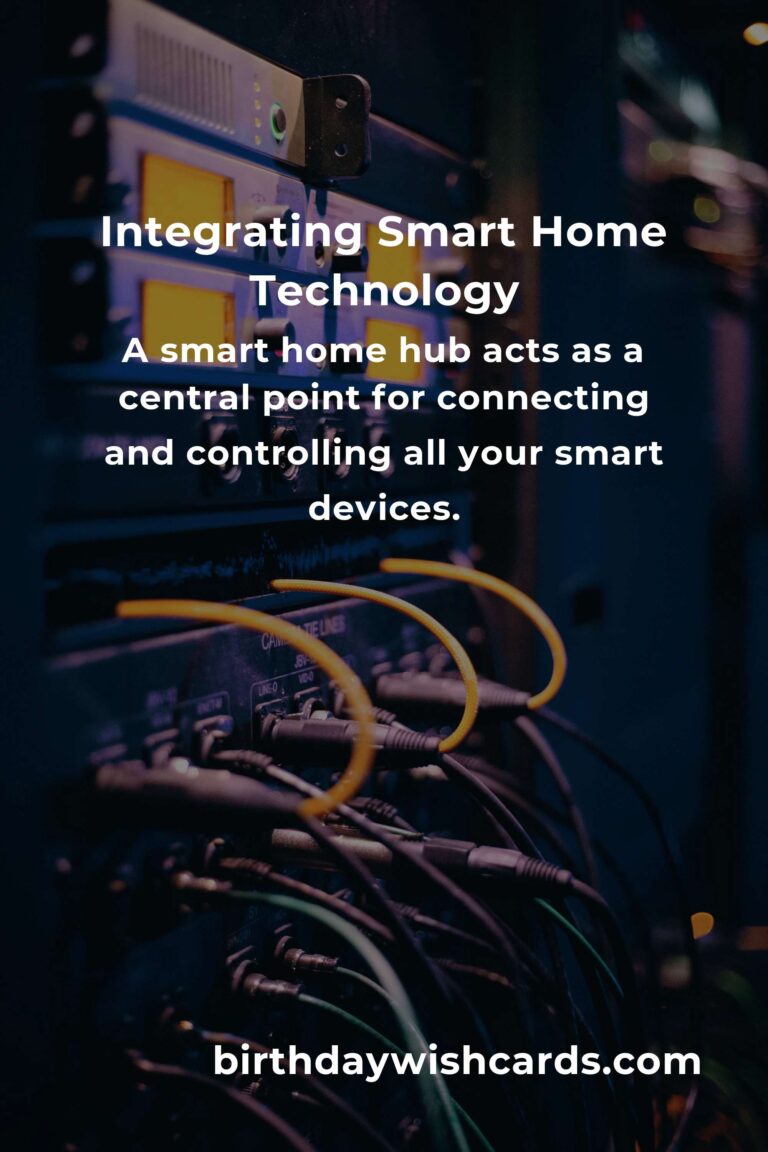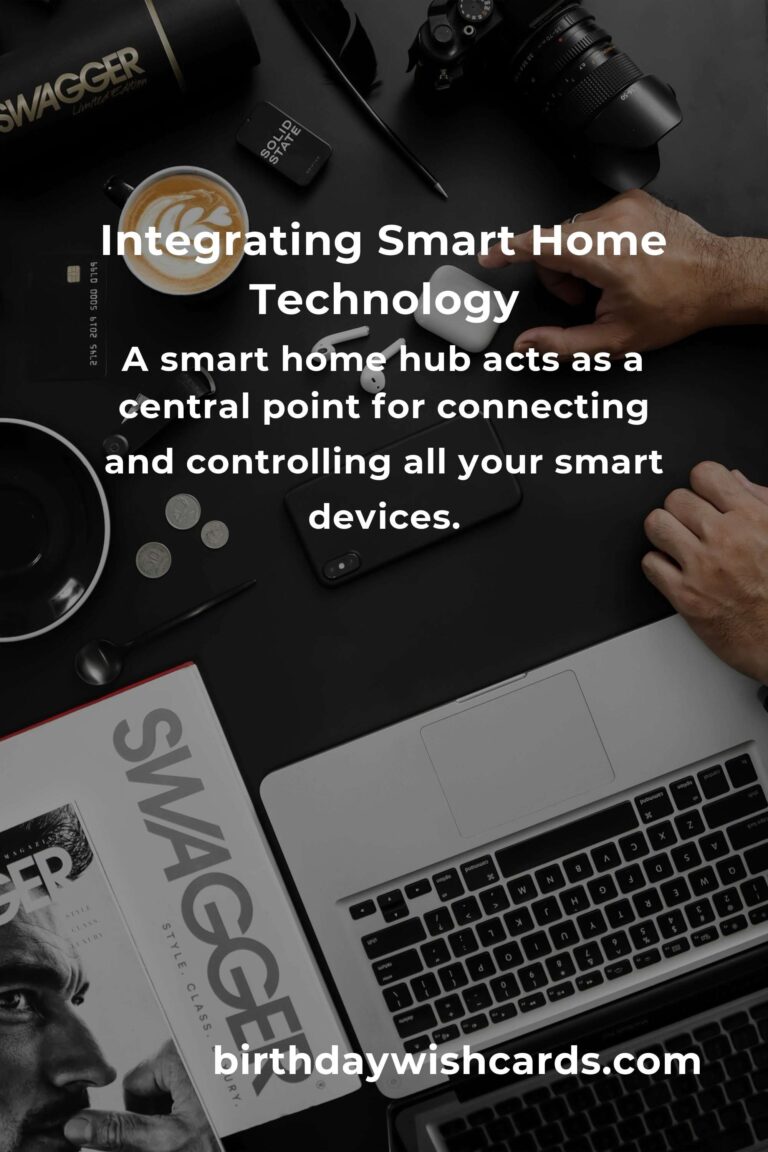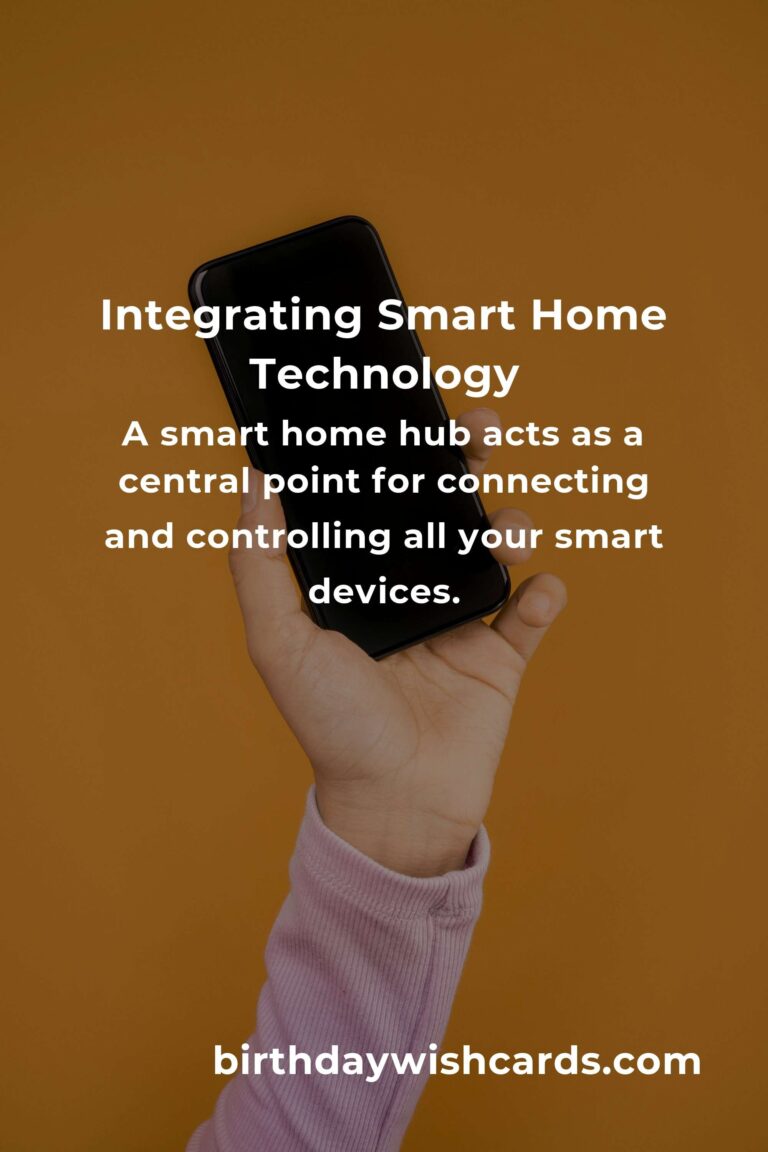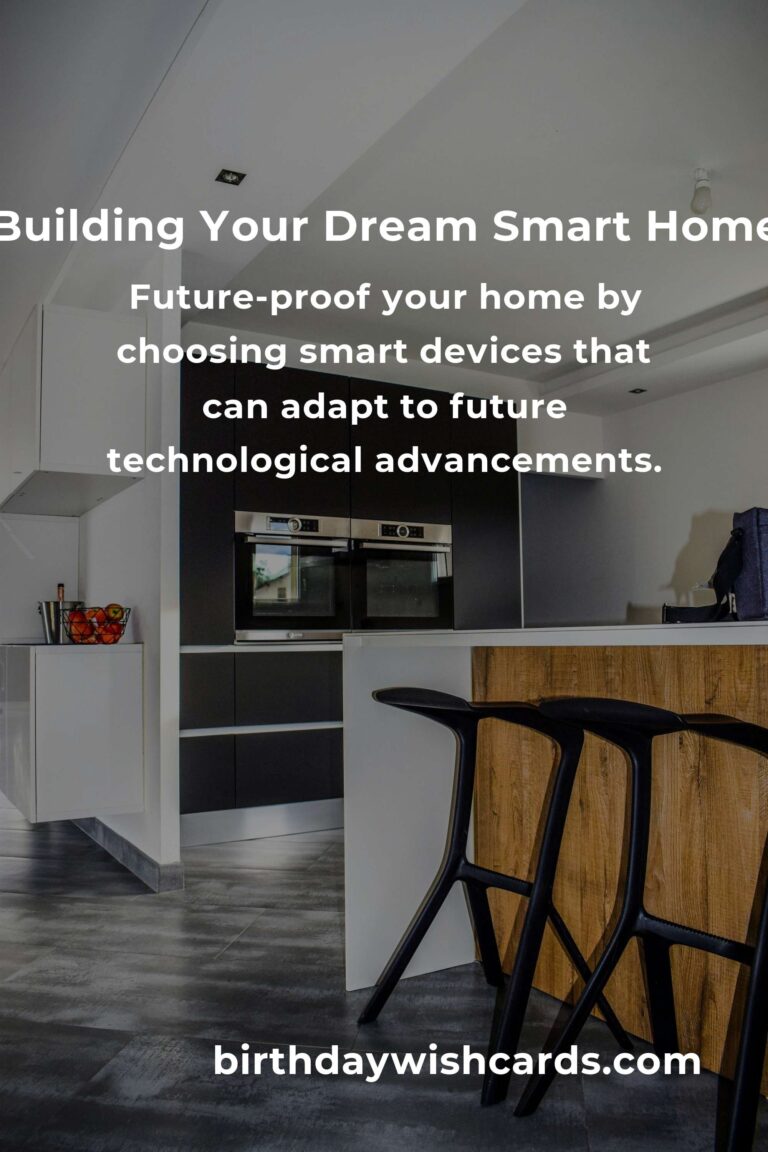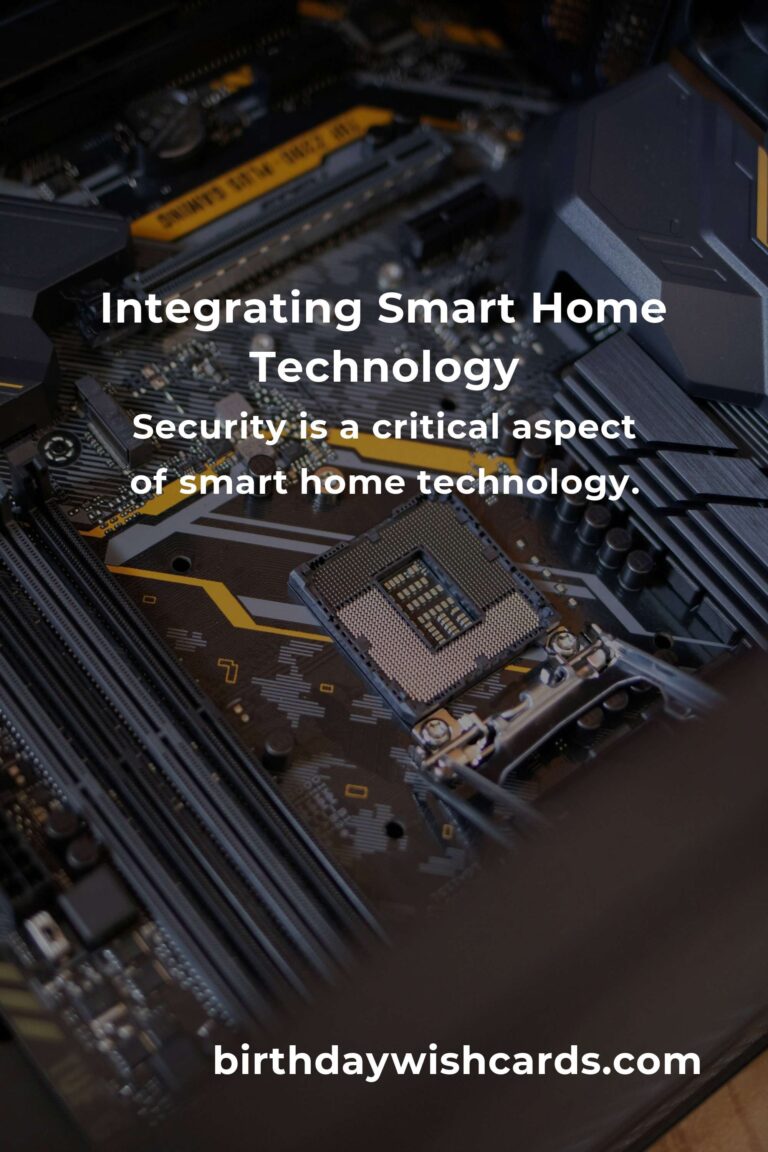
Smart home technology has become increasingly popular, offering unparalleled convenience, security, and energy efficiency. However, integrating these technologies can be daunting. This article provides expert advice on how to effectively integrate smart home technology into your living space.
Understanding Smart Home Technology
Smart home technology refers to devices and systems that automate and control various aspects of a home, such as lighting, heating, security, and entertainment. These technologies are interconnected through the internet, allowing homeowners to control them remotely using smartphones or voice commands.
Choosing the Right Smart Devices
Before purchasing smart home devices, it’s crucial to assess your needs and lifestyle. Consider which aspects of your home you want to automate and what your budget is. Popular smart home devices include smart thermostats, lighting systems, security cameras, and voice assistants.
Setting Up a Smart Home Hub
A smart home hub acts as a central point for connecting and controlling all your smart devices. It ensures seamless communication between devices and provides a simplified user interface. Popular hubs include Amazon Echo, Google Nest Hub, and Apple HomePod.
Ensuring Compatibility and Integration
When choosing smart devices, ensure they are compatible with your chosen hub and other devices in your home. Many smart devices work on different protocols, such as Zigbee, Z-Wave, or Wi-Fi. Research compatibility and integration options to avoid connectivity issues.
Focusing on Security
Security is a critical aspect of smart home technology. Secure your devices by using strong, unique passwords and enabling two-factor authentication. Regularly update your devices’ firmware to protect against vulnerabilities.
Optimizing Energy Efficiency
Smart home technology can significantly enhance energy efficiency. Use smart thermostats to regulate heating and cooling based on your schedule. Smart lighting systems can automatically turn off lights when rooms are unoccupied, reducing energy consumption.
Enhancing Home Security
Smart security devices, such as cameras, doorbells, and locks, offer advanced security features. These devices can send real-time alerts to your smartphone, allowing you to monitor your home remotely.
Voice Control and Automation
Voice assistants like Amazon Alexa and Google Assistant facilitate hands-free control of your smart devices. Set up automation routines to perform actions based on specific triggers, such as turning off lights when you leave home.
Expert Tips for Smart Home Success
Experts recommend starting with a few devices and gradually expanding your smart home system. Attend workshops or consult with professionals to understand the latest trends and technologies.
Conclusion
Integrating smart home technology can transform your living space into a more convenient, secure, and energy-efficient environment. By following expert advice and considering your unique needs, you can enjoy the many benefits of a smart home.
Smart home technology refers to devices and systems that automate and control various aspects of a home. A smart home hub acts as a central point for connecting and controlling all your smart devices. Security is a critical aspect of smart home technology. Smart home technology can significantly enhance energy efficiency. Experts recommend starting with a few devices and gradually expanding your smart home system.
#SmartHome #HomeAutomation #Technology #SmartDevices #HomeSecurity

